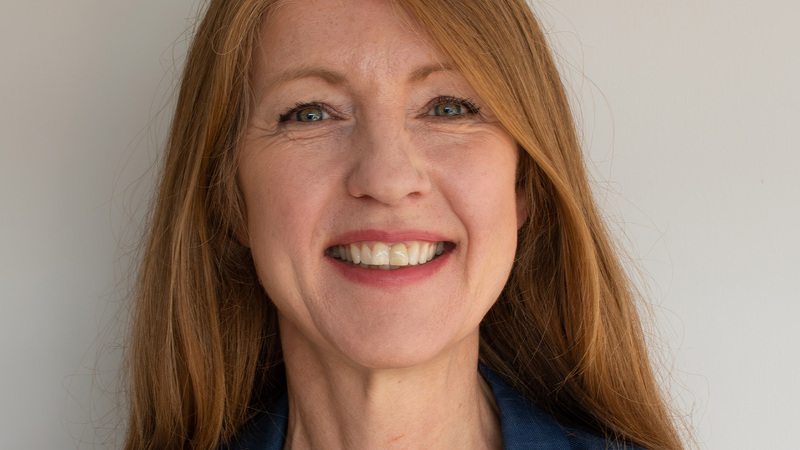You are viewing your 1 free article this month. Login to read more articles.
Investment pulled on storytelling platform Oolipo
German publisher Bastei Lübbe has pulled its investment of mobile storytelling platform Oolipo, once heralded as "the offspring of a love-affair between Netflix, YouTube, and a Snapchat Story", after it failed to gain traction with users and capture the attention of further investors.
The streaming platform for reading content launched in March of this year. Particularly aimed at millennials in the UK, Germany, Austria and Switzerland, at the time Bastei Lübbe's c.e.o. Thomas Schierack said he was "convinced that the idea of bringing multimedia formats to smartphones via a digital platform has enormous potential".
It had developed eight English language and four German language series, including "London I", an Original produced by the British Youtube star Suli Breaks, and a pricing model asking users to purchase credits in the app that could then be exchanged for individual episodes or whole seasons of Oolipo series. Its goal had been to push user numbers to "a seven-digit range" by the end of 2019.
However, according to a statement from Bastei Lübbe released yesterday (7th November), an "unplanned write-down" of Oolipo had burdened its second quarter result, costing it in the region of 3m euros, and it will no longer be further investing in the project.
Bastei Lübbe announced that, although developed "with considerable financial efforts", it had "far from reached the expected and necessary user numbers until the present day".
It continued: "At the same time, the search for new investors to drive forward the needed further development of the platform has been unsuccessful up to now. Upon agreement with the Supervisory Board, the Management Board of Bastei Lübbe AG, therefore, decided not to invest any further funds into the project and to undertake an unscheduled write-down.
"The non-cash write-down on the intangible assets of its subsidiary oolipo AG will extraordinarily impact the consolidated EBIT of the Group in the second quarter of the current financial year in the amount of approximately EUR 3 million. Over the next months, the Management Board will consider the possibility of differently using or exploiting the developed technology."



















